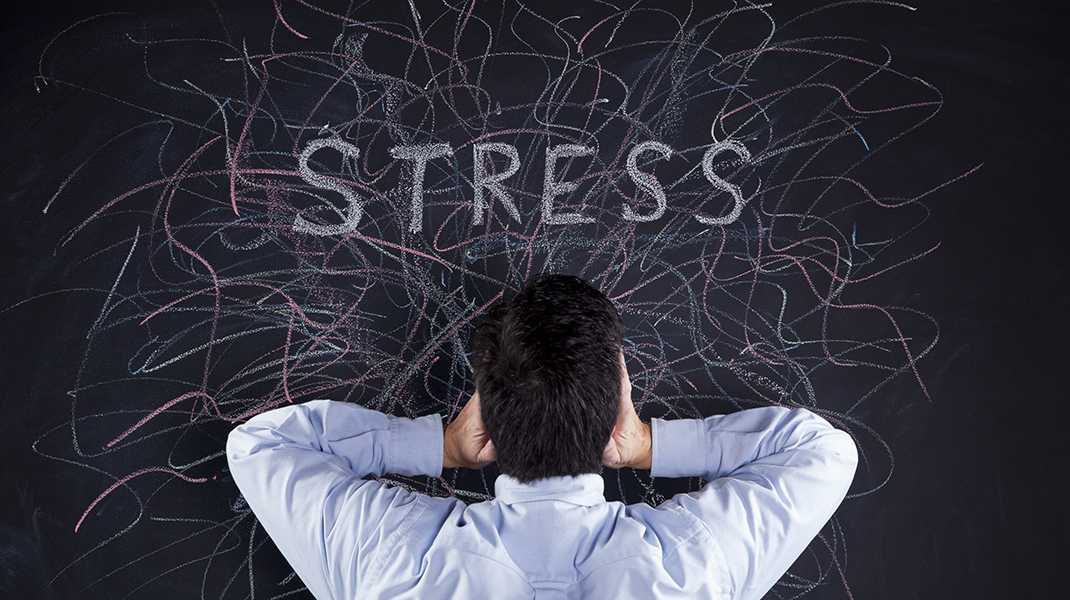For children, Stress can manifest itself through changes in behaviour:
- Common changes can include irritability
- Withdrawal from formerly pleasurable activities
- Routine expression of worries
- Excessive complaints about school
- Frequent crying
- Display of surprising fearful reactions
- Separation anxiety
- Sleeping too much or too little
- Eating too much or too little
With teens while spending more time with and confiding in peers is a normal part of growing up:
- Significantly avoiding parents
- Abandoning long-time friendships for a new set of peers
- Expressing excessive hostility toward family members

